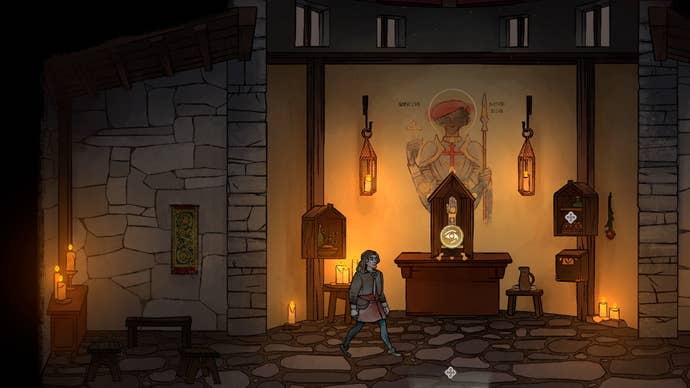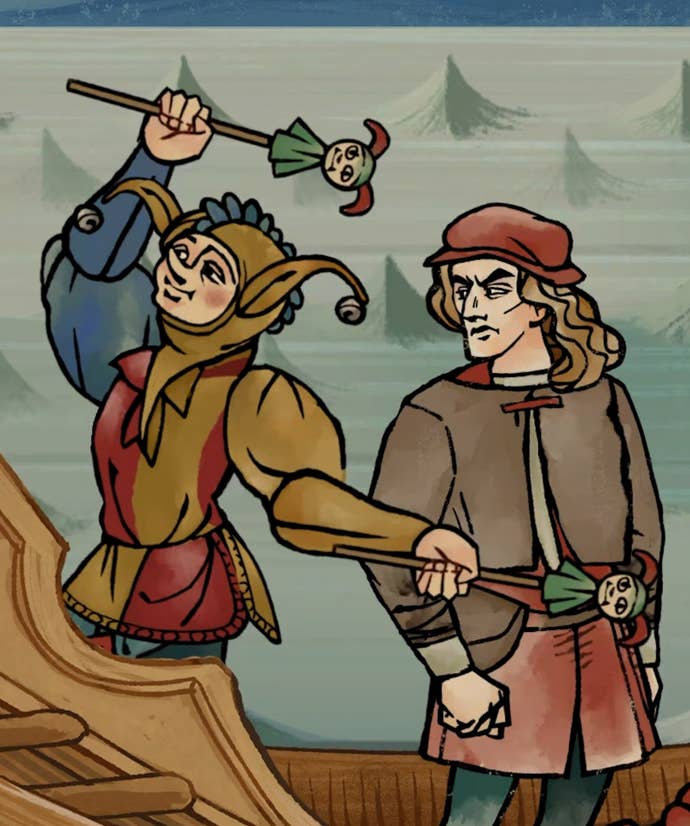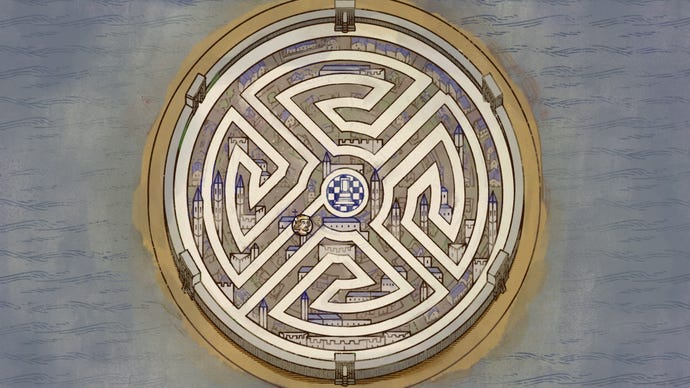Pentiment shows the true value of Game Pass
Games with niche appeal but of huge cultural value benefit from the subscription model.
^Stay tuned for our video essay with some lovely 4K footage.
Pentiment is a beautiful piece of historical fiction. Set in a small Bavarian town during the Protestant reformation, it leverages a historically inspired art style to tell a sweeping tale of loss, love, and everything in between.
It’s one of those games that makes having a Game Pass subscription feel like you’re cheating the system somehow. But it’s also the kind of game that really exemplifies the value of a first-party subscription service, as an engine of discovery for the user, but also as a wealth-spreading mechanism that means it’s easier for things like Pentiment to get made in the first place.

It’s clear that there’s a huge audience out there for historically focused games: The inextinguishable success of Assassin’s Creed as a franchise juggernaut is testament to that. Other titles such as Ghost of Tsushima and A Plague Tale: Requiem put a lot of emphasis on the realism of their historical settings. The painstaking work that goes into balancing gameplay and aesthetic with real research about the past does not go unappreciated by gaming fans.
But Pentiment is not an ultra-budget, photorealistic action game with motion capture and combat: it’s a small, intimate study of how art can shape our perception of the past, and be something like a conversation between us and our ancestors. And it has an eccentric visual style which may be a hard sell for some users. It doesn’t seem destined for mass appeal – so it’s a miraculous thing that it finds itself as the first-party RPG offering from a major platform holder in the run up to Christmas.

That was supposed to be Starfield. But history has a funny old way of working out, and it’s a real boon to us all that Pentiment is getting a chance to shine.
Check out our full review for an extensive look at this gorgeous RPG, and why we think it’s one of the best games of the year.









